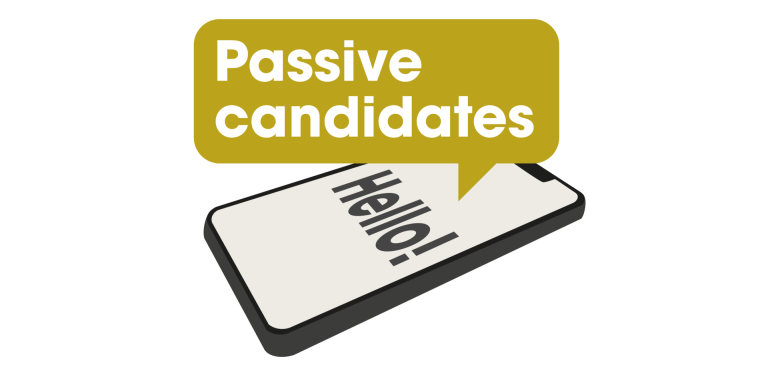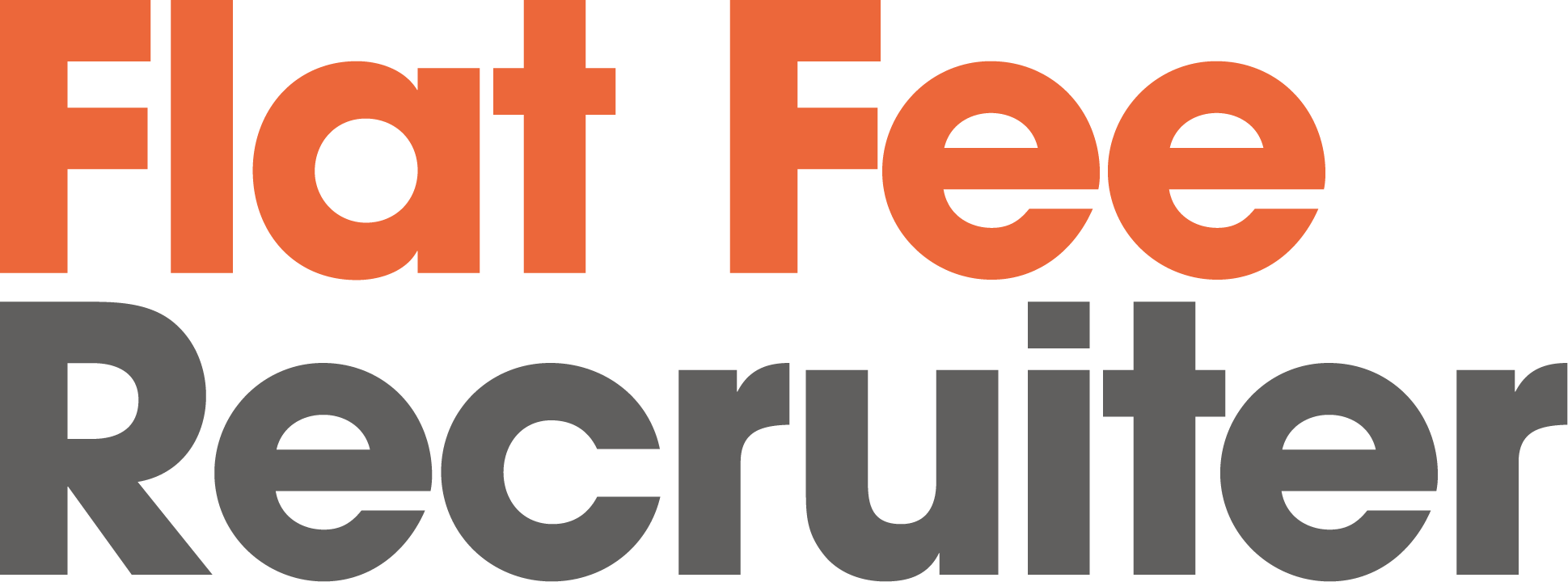
How do I use boolean logic to search for candidates?
Job Boards ExplainedSearching vast CV databases can seem a little daunting. Most have got really good search fields to use like Salary, Location, skills, length of time on the database, but depending on the volume of potential candidates, your results could still show more than you need. This is where using Boolean logic, in the keyword field, will really help you.
Boolean searching will enable you specifically search for keyword terms that are managed by the following 3 most common operators:
- AND
- OR
- NOT
Here is a quick starter guide on using Boolean to refine your search results:
1. When to use AND
Most databases, like Reed, will automatically assume you are searching AND if you just list 2 or more words together. For example, if you enter Customer Services into the job title. The database will assume that you only want to see results with the term Customer AND Services.
2. When to use OR
If you wanted to see all the CV’s with the job titles Customer OR Services, then you would need to add the term OR.
3. When to use “speech marks”
To search for an exact term, you can use “speech marks “. For example, if you only want to see CV’s with the term Customer Services then use it with speech marks eg: “Customer Services”. Searching without speech marks would generate results for both Services and Customers.
4. When to use (brackets)
Brackets work a bit like they do on excel and in formulas, and you can use them when you are searching for multiple keywords but want to group them together. For example, you may want to search for a Customer Services who has Excel AND Word.
You would create: “Customer Services” AND (Word OR Excel)
5. When to use NOT
NOT can be really useful if you want to eliminate keywords from your search. For example, if you wanted to search Customer Services but not at Management level, you would use “Customer Services” NOT Manager
You can get clever with Boolean searching and develop long strings to highly target your search results. It is widely used by HR and Recruiters when searching CV databases as it stops wasting time looking at CV’s that are just not suitable.
PS – This works across all databases and search engines, not just CV databases. Try it next time you want a more specific result from google!
Flat Fee Applicant Tracking System (FFATS)
The Flat Fee Applicant Tracking System (FFATS) is included in all campaigns. It is an easy to use platform that allows you to screen CVs, filter candidates, organise interviews and send out important communications – all from a simple dashboard.

